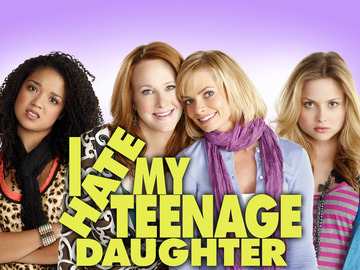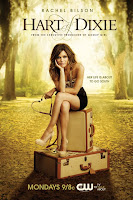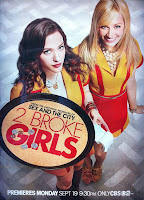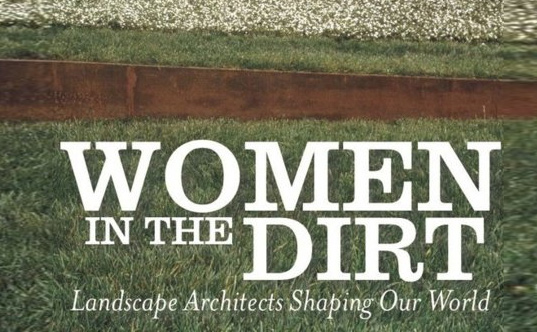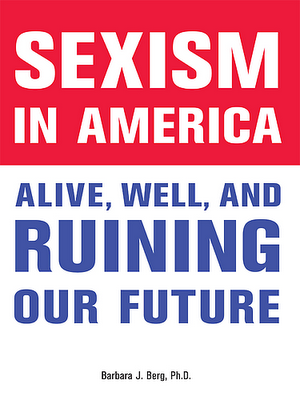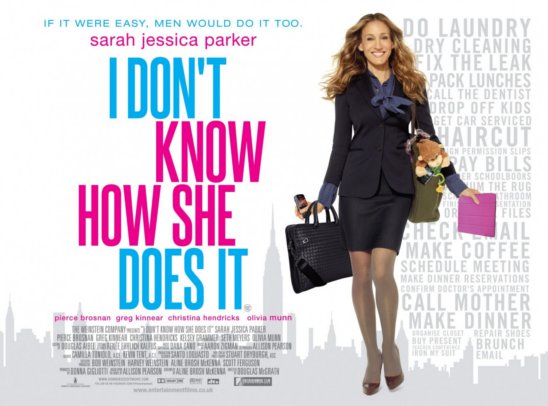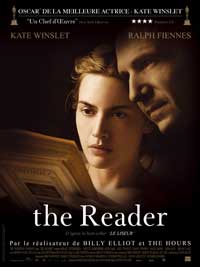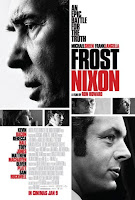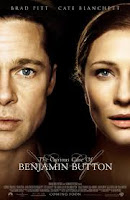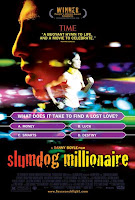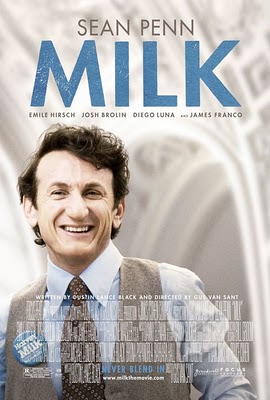I Need a Hero: Gus Van Sant’s Milk (2008)
“My name is Harvey Milk, and I’m here to recruit you,” yells a nearly unrecognizable Sean Penn in a pivotal scene in Gus Van Sant’s biopic Milk (2008). Wearing a tight red and white shirt and form-fitting slacks highlighting a noticeable bulge, Penn unnervingly inhabits the body of a man who was never handsome, never pretty, but who exuded an eye-twinkling sexiness which led numbers of attractive young men into his bed. It’s a transformation that is not merely surface, not merely costume and hairstyle and what appears to be a slight prosthesis on the nose: like Nicole Kidman’s portrayal of Virginia Woolf in The Hours, this is a full-bodied immersion in a character. Penn, always something of a chameleon in recent years, loses all traces of his own physicality, and portrays Harvey Milk with a buoyancy, a loose-limbed lightness that I’ve never seen in him before. The process seems to have liberated him as an actor—he’s behaving with an unbridled exuberance. His co-star, James Franco, reported that after their first kissing scene, Penn called up ex-wife Madonna and said, “I’ve just kissed my first man,” to which Madonna replied, “Honey, I’m so proud of you.” So are we.
In a recent piece on the Criterion Collection edition of the Oscar-winning 1984 documentary The Times of Harvey Milk (directed by Rob Epstein, later to direct The Celluloid Closet and Paragraph 175), photographer Daniel Nicoletta calls the documentary “Harvey Milk 101.” It would be fair to call Van Sant’s Milk “Harvey Milk 102”—the two films, viewed in order, represent a progression in the course sequence, but they’re primers, neither qualifying you for an advanced degree in the subject. For that, one must turn to the late Randy Shilts’s book The Mayor of Castro Street: The Life and Times of Harvey Milk (1983), which, to my mind, remains the definitive work on the man’s life and legacy. The Epstein documentary is primarily concerned with Milk’s political career; the Van Sant biopic fills in many of the biographical holes in the documentary and concentrates more on Milk’s personal life and relationships. My suggestion is that viewers watch both films—Times first, Milk second—and, if they yearn for more, to then turn to the Shilts book.
Milk begins with archival footage of police raids on gay bars in the 1950s and 60s, and is followed by Milk in 1977 reading his will into a tape recorder: he was convinced that he would soon be assassinated, a prediction that would shortly come true. Flash back to 1970, and Milk’s meeting with Scott Smith (Franco) in a New York subway, and the beginning of an on-again, off-again romance that would last the rest of Milk’s life. Dissatisfied with his grinding corporate-America job in New York, Milk moves with Smith to San Francisco in search of liberation and meaning. He opens a camera shop, becomes an exceedingly groovy bohemian, and ultimately becomes involved with gay rights and local politics, culminating in his election as a city supervisor—the first openly gay elected official in the United States. He is helped along the way by Smith and a band of friends and lovers who operate out of his camera store: Cleve Jones (Emile Hirsch), Jack Lira (Diego Luna), Anne Kronenberg (Alison Pill), and Dick Pabich (Joseph Cross). Once elected, he finds a staunch ally in Mayor George Moscone (Victor Garber) and a nemesis in Supervisor Dan White (Josh Brolin). White, after a series of public humiliations, assassinates Milk and Moscone in City Hall (Dianne Feinstein’s famous announcement of the event appears in the film), and later pleads insanity by using the notorious “Twinkie defense.”
More than a mere summary of events, Milk seeks to illuminate some of the depths of Milk’s character, which are left mostly untouched by The Times of Harvey Milk. And Penn’s performance is a marvel. But I’m left at the end of the film still not entirely knowing what made this man tick. I’m slightly in awe of him, I’m humbled by his passion, I’m drawn to his politics, I’m certainly attracted to him and can easily see myself getting talked into bed by him without much effort, but I still feel separate from him, as though his core has not been exposed. Perhaps this is more than a biopic can do, but my sense is that this is the film’s goal, and on that count it doesn’t quite deliver. The fault is neither Penn’s nor Van Sant’s nor the script’s—my guess is that capturing someone as mercurial as Harvey Milk on film is an impossibility.
Lest this sound as though I didn’t enjoy the film, let me hasten to add that Milk brilliantly recreates a period when gay sex was fun and free and easy and the specter of AIDS was a few years in the future. The cast looks resplendent in its period costumes; it’s alarming that clothes I once wore as a child now constitute “period attire.” And, apart from Penn, the cast is uniformly superb, as we might expect from Van Sant, who, after all, delivered amazing performances from the non-acting teens in 2003’s Elephant. James Franco demonstrates the fearlessness that led him shortly thereafter to take on the role of poet Allen Ginsberg in Howl, and proves why he’s one of his generation’s most interesting actors; his Scott Smith is sweet, sexy, charming, and loyal. Josh Brolin has the incredibly tough job of making Dan White a human being rather than the boogeyman of the piece. He looks uncannily like the real man, and he manages to imbue White with enough pathos that I was unable to hate him, or not entirely. Victor Garber is reliable as always as Moscone, and Diego Luna and Joseph Cross (the little boy from Northern Lights, with Diane Keaton) excel as bits of eye candy on the fringes of Milk’s world. Emile Hirsch has the gravitas to play the great Cleve Jones, whose activism continues to inspire today, and Alison Pill holds her own as the sole woman in this sea of gay men.
What struck me most about Milk at the time of its release was its celebration of the writer. The trailer proudly announced “Written by Dustin Lance Black” in huge blue letters, and the very fetching Mr. Black won a well-deserved Oscar for his efforts. His Academy Award speech, in which he pleaded for the acceptance of young gay men like himself, is already legendary, and in interviews with magazines like The Advocate, he chronicled his difficulties in getting the script written and his exhaustive research. Perhaps the best thing about his script is that it doesn’t venerate its subject: it would have been all too easy to turn Harvey Milk into a saintly angel in America, but he is instead presented by turns as charming and irritating, pleasant and cantankerous, open-minded and bull-headed. And despite the opening which announces his death, the film doesn’t belabor this inevitable trajectory: the focus of both the film and the characters is on the moment, or on a rosy future. Again, the film’s only flaw, to my mind, is that Milk still seems at arm’s length from me, and I craved a more intimate relationship with him. But perhaps this is the point.
I’m bothered by one last thing, completely apart from the film itself. In his bravura acceptance speech for Best Actor at the Oscars, Sean Penn drolly called the audience “You Commie, homo-loving sons of guns.” Perhaps, but we’re still dealing here with a film with a gay hero who dies. Is it significant that two other actors to have won Best Actor Oscars for playing gay men—William Hurt in Kiss of the Spider Woman (1985) and Tom Hanks in Philadelphia (1993)—were killed off by gunfire and AIDS? As producer Jan Oxenberg remarks in Rob Epstein’s The Celluloid Closet, it remains to be seen whether or not Hollywood will embrace—and indeed, deem worthy of an Oscar—a gay character who lives.
Drew Patrick Shannon received his Ph.D. in English from the University of Cincinnati, and currently teaches 19th and 20th century British literature at the College of Mount St. Joseph. He is at work on a novel and on a non-fiction book examining the diary of Virginia Woolf. He contributed a review of the 1986 film,
Working Girls, to
Bitch Flicks, which appeared in a previous version on his blog,
atleswoolf.


